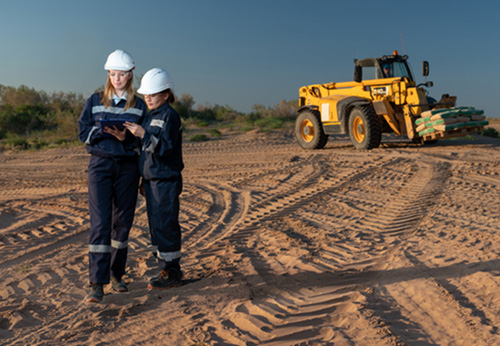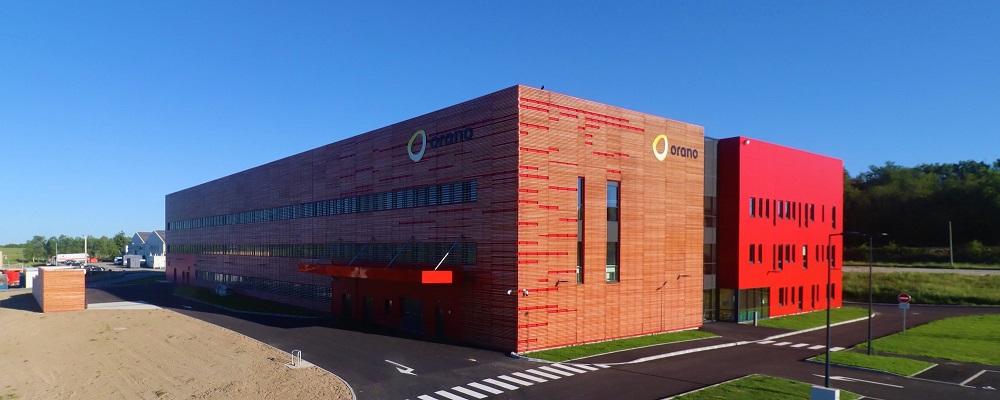
Mineral processing: Particle size and gravimetric separation
Valorization of mineral raw materials by a mechanical process, the mecanomineralurgy
-
The physico-chemical characteristics of an ore can be very different depending on the nature and origin of the ore. It is therefore imperative to carry out a precise characterisation of the elements contained in the ore and to carry out small-scale tests to verify the feasibility and the concentration limits that can be obtained.
During this feasibility phase, it is important to determine the most suitable equipment for the preparation and enrichment of the ore, taking into account all the results of the various tests and analyses carried out in the laboratory.
-
Mechanical enrichment of minerals involves techniques that use some of their specific properties such as hardness, crushability, density, magnetic susceptibility.
The study of an ore begins with mineralogical, particle size and chemical examinations.
The enrichment process can include four main steps, a mechanical preparation step (crushing, grinding), a particle size separation step (screening, sifting), a physical enrichment step (jig, spiral, shaking table, Knelson, flotation cells, band filter, press filter, cyclone, etc.), a liquid-solid separation step (strip filter, press filter, cycloning) for the transport of the concentrate and the storage of waste rock.
CIME's analytical laboratory has a wide range of analytical equipment allowing requirements to be met and new analytical tehcniques for particular situations to be developed.
Based on this laboratory data, the design office will size and design a pilot facility for testing on a small scale. Manufacturing and assembly are carried out in CIME’s workshops: mechanical, boilermaking and electricity/instrumentation. The pilot can be automated and carried out through supervision.
- One point of contact who will take charge of your project from laboratory tests to pilot-scale tests
- A very wide range of processes that can be studied and implemented at CIME or at your sites
- Possibility of manufacturing custom equipment to meet your needs
- Handling of radiologically and non-radiologically marked solid and liquid waste from completion to dismantling of the pilot.
-
- Development and creation of a prototype from the basic dimensional data up to commissioning on our site or at the customer (3D plan, equipment sizing, instrumentation choice, assembly, shipping, training, etc.)
- Flexibility in the improvement and modification of pilots to allow rapid development of the tested process.
-
-

